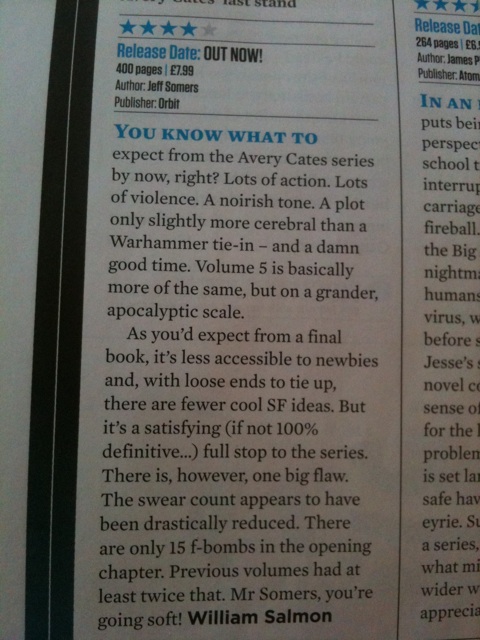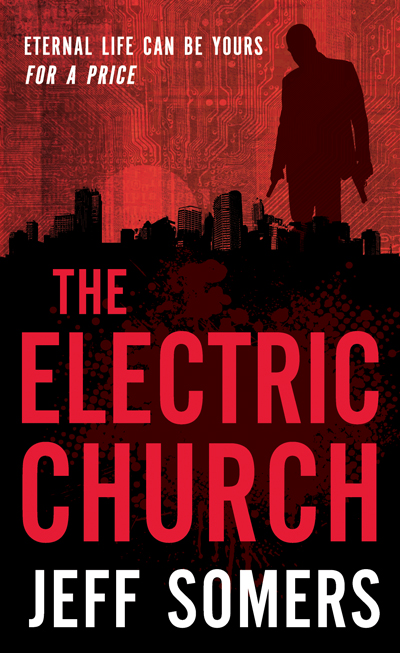The Politics of the Third Floor Restroom
From The Inner SwineVolume 10, Issue 3, September 2004
LET’s FACE IT, piggies, politics is just a fancy-pants way of channeling aggression. People opposed to each other in a system instinctively hate each other, and back in our blood-splattered glory days as a race any time two Chiefs went against each other on policy, they generally killed thousands in a war between their tribes, or at the very least engaged in man-to-man combat, gouging out eyes and ripping open abdomens until one ‘policy’ had triumphed over the other. In today’s more civilized society this sort of thing is frowned upon—the man-to-man combat thing; war, thank goodness, remains a socially acceptable way of killing thousands in order to determine policy. You won’t see John Kerry and George Bush wrestling at the base of the Washington Monument to see who gets to order the next few thousand men and women to their deaths, no sir. We’ve invented politics to take the place of violence.
Of course, you can invent all sorts of rules and procedures designed to keep the Monkeys we all live side-by-side with under control, and while it may work on a macro-scale, when you get down to the nitty-gritty life remains a struggle between violent personalities for control of their immediate airspace. Political candidates can’t fight each other for the job, but I’ll bet they wouldn’t mind. People remain pretty much primitive in their desires and the manner in which they pursue them.
For proof, I offer you the third-floor restroom at my job.
Someone in my building wishes to be King of the Third Floor Restroom. Someone else opposes his candidacy. I know this because there is a war going on in there, one which I know too much about already. In a more evolved society, the question of who will be King of the Third Floor Restroom would be addressed through a civilized and organized procedure: Nomination of candidates, presentation of views and policies regarding the restroom, and, finally, an election of some sort, probably conducted using urinal cakes. Since society remains woefully un-evolved, what we have instead is a classic battle between signage and someone with what appears to be Irritable Bowel Syndrome.
Some background and geographic detail, then: I started a new job back in April, and the offices are located on the third floor of a large Manhattan office building. The floor has several offices being rented, and sports one large restroom for each gender, used in common by all the offices (it’s possible some of the fancier offices sport private bathrooms, and if I ever discover this to be so you can bet we’ll take that office by force, kill its men and enslave its women, and enjoy the facilities). A perfectly acceptable situation, especially since I personally frown on anything aside from urination being performed in semi-public restrooms like that. Shared restroom toilets just weren’t meant to be used except under dire emergency situations, you ask me. If everyone would just use the urinals (a wonderful invention—I’d have a urinal in my home if I could) and get the hell out, we’d have a lot fewer problems in this world. There are two urinals and three stalls in the men’s restroom, along with two sinks, of course, so we can fool ourselves into thinking we’ve washed away the microbes, and a towel-dispenser and trashcan. Standard stuff.
So, I stay away from the stalls if I can. I’m not one of those people who thinks he’s going to get the Andromeda Strain if my skin comes in contact with a public toilet; I don’t have to get into a Virus Suit in order to take a shit in a public restroom. I also believe firmly that human beings have been dealing with germs and microbes and all sorts of nasty shit for thousands of years, and while you can argue that some of those microbes are pretty nasty (Black Death, for example) I still doubt anyone is going to become the new Typhoid Mary by using a public restroom. That said, I see no reason to expose myself to nasty public toilets any more than necessary, chum. So that’s my policy on toilets: Avoid if possible, but use when necessary and don’t lose sleep over it.
I first became aware that a campaign to be King of the Third Floor Restroom when I entered the restroom one day and discovered a neat, laser-printed sign had been taped on the rear wall of stall #3:
PLEASE
DON’T
URINATE ON
THE
SEAT
Poetic, in a way; hauntingly beautiful. This seemed like common sense to me, and one thing I’ve learned over the years is that you can’t teach people anything common: Sense, decency, or knowledge. They get violent and huffy, is my experience, and I wasn’t disappointed. After the first candidate for kingship threw his hat into the ring with this bit of pithy signage, our second candidate responded the next day by detonating an ass explosion reminiscent of Hiroshima in stall #3. It looked like an infinite number of monkeys had suffered an infinite number of bowel spasms in there. He’d painted the damn place with his feces. And there, sitting above it like an ironic caption was the Signage.
I would have thought this to be just a merry moment of societal collapse, like many I witness on a daily basis, except that it wasn’t an isolated event. Over the next few weeks, these ass detonations became common, always in stall #3. Candidate #1 for King of the Third Floor Restroom, whom we’ll call IBS, was obviously passionately dedicated to fouling stall #3 and keeping it fouled.
Candidate #2, who we’ll call Mr. Placard, laid low for a few days while this assault on the senses went on. Mr. Placard obviously believes that what the world needs is more signage, that everything could be perfect if only we had the proper signs and a population that slavishly, unquestioningly obeyed the signs. A few days after the first ass detonation, Mr. Placard crept in one afternoon and pasted a new sign on the radioactive door of stall #3:
OUT
OF
ORDER
I’ve rarely witnessed such a powerful message packed into three little words; I may have wept. This took balls, if you ask me: I wouldn’t have touched anything near that stall for anything in the known universe. I didn’t even like the idea of breathing that funk. So the sight of that flimsy, delicate piece of paper with the hopeful call for civilized discourse (behind the safety of anonymous notes) moved me. Both these men were uncompromising heroes, in their way. The campaign escalated immediately. The next time I found myself in the bathroom, the Out of Order sign had been ripped off the stall door and tossed to the floor, and the stall door thrown open so that the Beta Males of the floor could see the power of IBS, and cower before it. I cowered all right. I cowered to think this motherfucker might be touching the same things I did in the building, that he might be standing next to me in the elevator one day, that he might be someone I’d someday shake hands with.
For a few weeks, the debates continued: A new sign, a new ass detonation. I came to admire IBS for his physical prowess in the ass detonation department, even as I wondered what in the fucking world was wrong with him. I mean, to continuously generate that sort of ammunition, you have to have one hell of a bad diet, or one hell of a physical condition. Mr. Placard, on the other hand, was clearly one of those frightening men who spend their lives complaining about their neighbors and co-workers, and finally kill all of them in an orgy of justice. I imagined he’d adorn each of his victims with a crisp Post-It note, listing the crimes he’d just avenged. This was a battle for the ages, and whoever won, I was sure, deserved the awesome power invested in the King of the Third Floor Bathroom.
It ended as you might expect: IBS, with his awesome physical abilities, was victorious. I knew that Mr. Placard had conceded when IBS invaded and conquered stall #2 in addition to stall #3 without suffering any signage at all. IBS was obviously free to do as he wished in the bathroom. I was apparently not invited to the coronation ceremony. And thank goodness.
This is politics in its purest form, if you think about it: One man believes the restroom should be a sort of Thunderdome, a land without rules, where men are free to behave in any way they wish. Another believes otherwise: That even restrooms should be governed by the Rule of Polite Society, with said rules enforced via the written word. The rest of us, the citizens, are ostensibly involved in the process of voting—we could speak up at any time, if we wished, join in the desecration of stalls or put up our own notes in support of one side or another—but in reality we’re just underfoot, just like voters in this country. We exist merely as an audience, really. The shit-flinging begins, and after a brief struggle one policy is adopted—if that ain’t government on a micro-scale, I don’t know what is. Of course some might say that my stunted comprehension of the world around me is one good reason why I am not in politics. I’d say I’m not in politics because I’m too smart to waste my time. Time rubs everything blank in the end, mi amigos.
As for IBS, there haven’t been any ass detonations recently, and I wonder if he’s finally died of some sort of internal rot.






